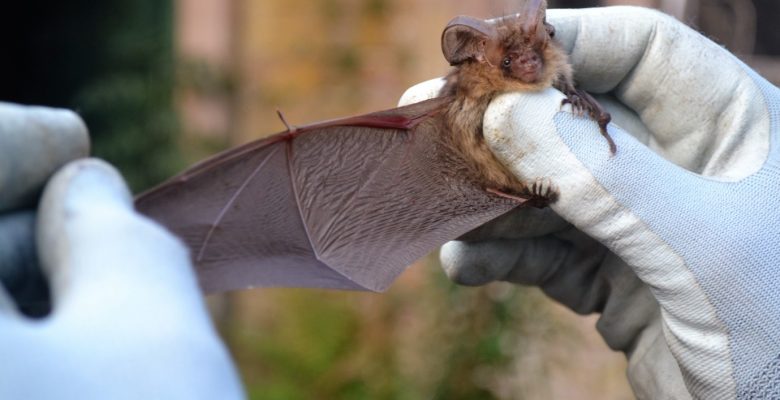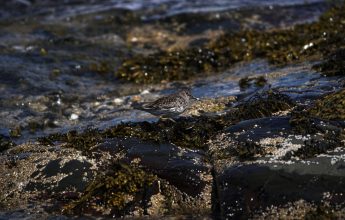
Bat activity surveys may highlight the presence of roosting bats within the structure or habitat feature due for renovation or demolition. In this event, works may not proceed until a European Protected Species Mitigation Licence (EPSML) is received from the relevant statutory body. In England, Natural England is the licencing body, in Wales, Natural Resource Wales and in Scotland, Scottish Natural Heritage. EcoNorth is experienced in applying for such licences and can support you through the process.
Licencing bodies process EPSML applications within a set number of days (e.g. in England this is thirty working days for a standard EPSML) and we strongly advise you to check how long this will be in your location and plan accordingly. EcoNorth will work with you to complete the application, however, the developer is required to provide a Reasoned Statement, and submit the application in their name.
Bat Low Impact Class Licences were introduced in 2015 in England and aim to offer a simplified system for developers where the impacts of the development on bats can easily be mitigated. This licence only applies where the conservation importance of the roost is assessed as low as ascertained by the bat activity survey results. EcoNorth is able to offer this licencing option where relevant with team members being Registered Consultants.
Depending upon the likely impact of the development, a robust mitigation strategy will be developed to ensure that no detrimental effect upon the roosting bats is caused. Bat mitigation proposals will be proportionate to the conservation value of the species and number of bats identified. For example, for a single common pipistrelle using your site during the summer, the mitigation will not be extensive and may comprise of a small number of temporary bat boxes during construction and a built-in bat box within the proposed development. For roosts of greater conservation value, the mitigation approach will also be greater and commensurate with impact of the development.
Once the licence has been approved and received, EcoNorth will be on hand to provide the necessary mitigation and supervision to meet the licence requirements through its Ecological Clerk of Works (ECoW) function. EcoNorth is experienced in providing toolbox talks, advice and ecological supervision through its Suitably Qualified Ecologists (SQE) to contractors and are experienced in overseeing licensable works.

